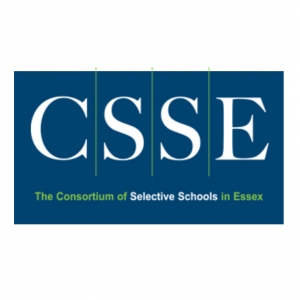 New research shows grammar schools damage social cohesion and make no difference to exam grades
New research shows grammar schools damage social cohesion and make no difference to exam grades
In a study of more than half a million pupils the results of grammar schools were shown to be mostly a product of the type of pupil the schools select. The study by Stephen Gorrard of Durham University showed that, ‘The apparent success of grammar schools is due to pupils coming from more advantaged social backgrounds, and already having higher academic attainment at age 11.’ It also showed that the disadvantaged pupils attending grammar schools had been eligible for free schools meals for a shorter time, which may suggest these pupils are not from the most deprived backgrounds. Another study released the same week suggested that genetic differences played a part in the supposedly superior GCSE results of grammar school pupils. This research inspired local anti-selection groups to write to their councils and ask them why they choose to ignore evidence about selection. The research also inspired a call by Ryan Shorthouse, head of Conservative think tank Bright Blue, to phase out existing grammar schools.
New evidence of the problems of 11-plus test tuition
A research study looked at the probability of getting into a grammar school in England depending on whether tutoring or coaching for the entrance test has been received. The study showed that around 70% of those who received 11-plus tutoring got into a grammar school, compared to just 14% of those who did not. This study on the impact of tutoring took account of a wide range of other factors including prior achievement, and school application decisions. It is clear that a ‘tutor proof’ test does not exist, and that grammar school entry is often influenced by money spent on test coaching.
 An 11-plus test used by Essex schools has been ruled ‘unfair’ for summer born pupils
An 11-plus test used by Essex schools has been ruled ‘unfair’ for summer born pupils
The school adjudicator has ruled that an 11-plus test with no age weighting is ‘unfair’ and must change. The adjudicator said, “A smaller proportion of summer born girls who take the test achieve the required test scores than girls born at other times of the year, I consider that the admission arrangements currently in operation are unfair to girls who are born in the summer months.”
Last year, only 19 per cent of pupils born in July or August achieved a test pass mark in the Consortium of Selective Schools in Essex (CSSE) test, compared to 35 per cent of children who were born in September. The test has operated without age adjustment for many years, but 11-plus tests are rarely scrutinised, and it is likely that other tests still operate with a bias against younger pupils.
 Labour’s National Education Service Consultation
Labour’s National Education Service Consultation
Labour has launched a consultation on it’s National Education Service, with submissions open to anyone with an interest in education. We hope that Labour will match its passionate opposition to new grammar schools with a commitment to phase out existing selection. We urge all Comprehensive Future supporters to take part in this consultation and ask for a policy of fully comprehensive education and an end to the 11-plus test. To find out how to take part in the consultation click here.
If you’d like to support Comprehensive Future’s work to end the 11-plus please consider donating, or joining as a member for only £10.






